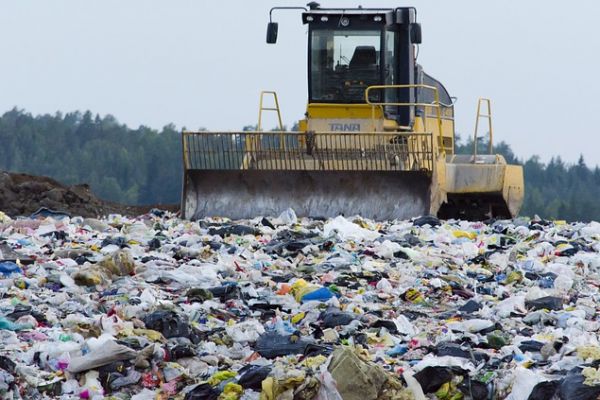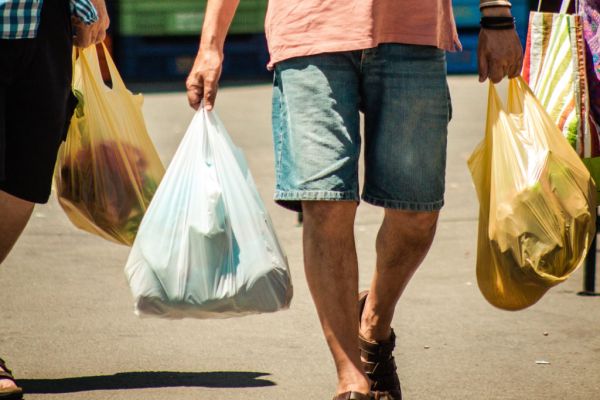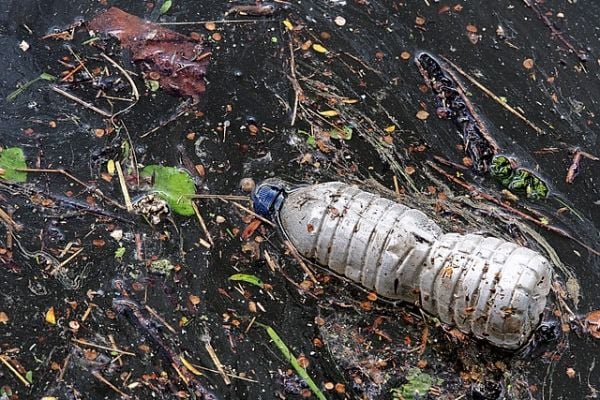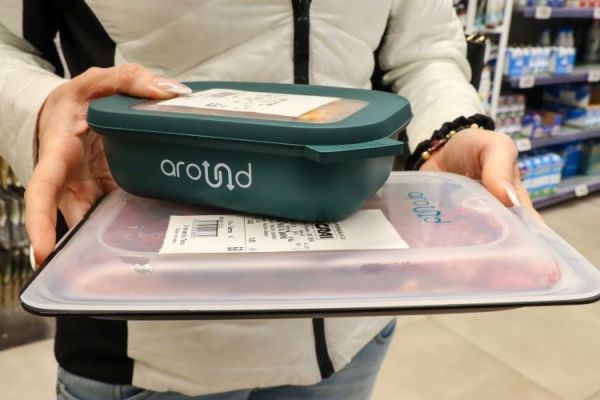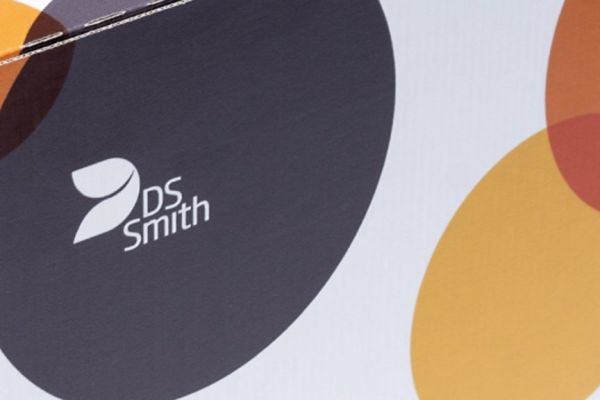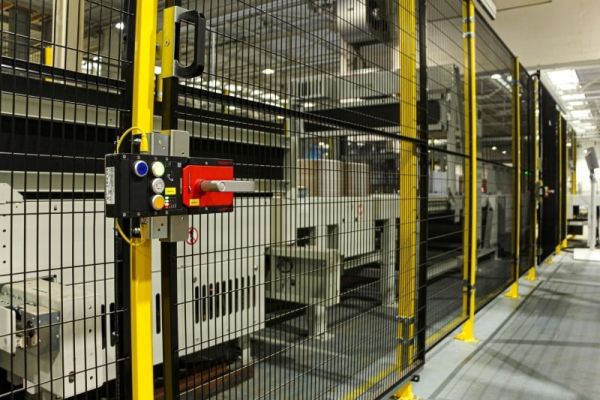A UK study into awareness about packaging waste has found that older consumers are more likely to be concerned about how much packaging they're buying, compared to Millennials and younger consumers.
The survey of 1,260 consumers, by Kantar TNS UK, found that more than 70% of over-55s are concerned about how much packaging they're buying, compared to half of 16-34 year olds.
“There is a marked difference in how different generations feel about this issue," said Eve Dixon, managing director of consumer retail and lifestyle at Kantar TNS UK.
"With a six-fold increase in global plastic consumption in the last 40 years alone, these generations can remember a time when plastic was scarce and are therefore more likely to notice trends towards excess packaging.”
One third of respondents said that manufacturers should 'take the lead' in reducing packaging, while younger consumers are the most likely to believe the government should be the instigators of change.
Awareness
Close to two-thirds of survey respondents said that they are concerned about reducing the amount of packaging they buy, with plastic bags and drinks bottles seen as the worst offenders, along with single-use cups and takeaway boxes.
Over half (51%) of over-65s cited single-use coffee cups as one of the worst offenders for contributing to packaging waste, in comparison to only a quarter of 16-24 year olds. In addition, 41% of the oldest age group mentioned takeaway packaging as a particular offender, in contrast with one in four in the younger group.
The study also found that older consumers are more likely to see packaging waste as a problem that can be resolved, with 29% saying they are resolved to 'doing their bit' to solve the crisis, compared to 14% of 16 to 24 year olds.
Just 8% of older consumers said that they felt 'helpless' in dealing with packaging waste, which rose to more than one in five (22%) of 16 to 24 year olds.
No Charge
All sets of respondents were supportive to waste reduction schemes that avoid a direct charge to consumers.
Some 54% of all respondents supported a deposit return on glass bottles, 51% a plastic-free aisle in supermarkets and 43% stations for refilling water bottles. However, respondents were less positive about proposed charges for single-use cups and takeaway packaging.
“Any government looking to extend the successful 5p charge on plastic bags more widely can expect some opposition, at least to begin with," said Dixon.
"However, manufacturers ought to note that the results should encourage proactive efforts to deal with the crisis. Bottle deposit schemes and plastic-free aisles not only avoid the taxes feared by both shoppers and manufacturers, they are also enthusiastically accepted by the public. Implementing such initiatives not only helps reduce packaging but engages consumers too – a potential competitive advantage.”
The findings are based on the responses of a demographically representative group of 1,260 adults (aged 16+) in Great Britain. The research was conducted between 15 and 19 March 2018 by Kantar TNS OnLineBus.
© 2018 European Supermarket Magazine – your source for the latest retail news. Article by Stephen Wynne-Jones. Click subscribe to sign up to ESM: The European Supermarket Magazine.
